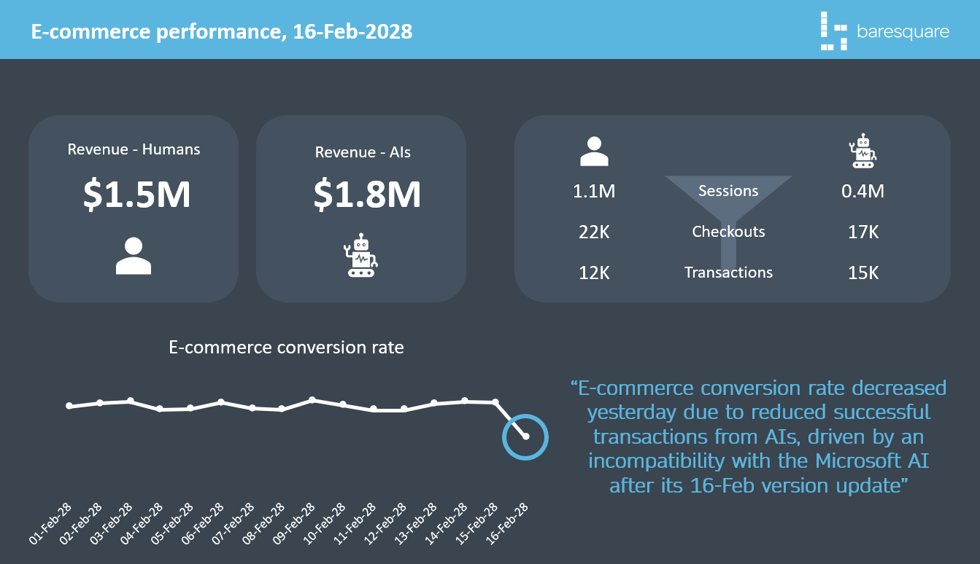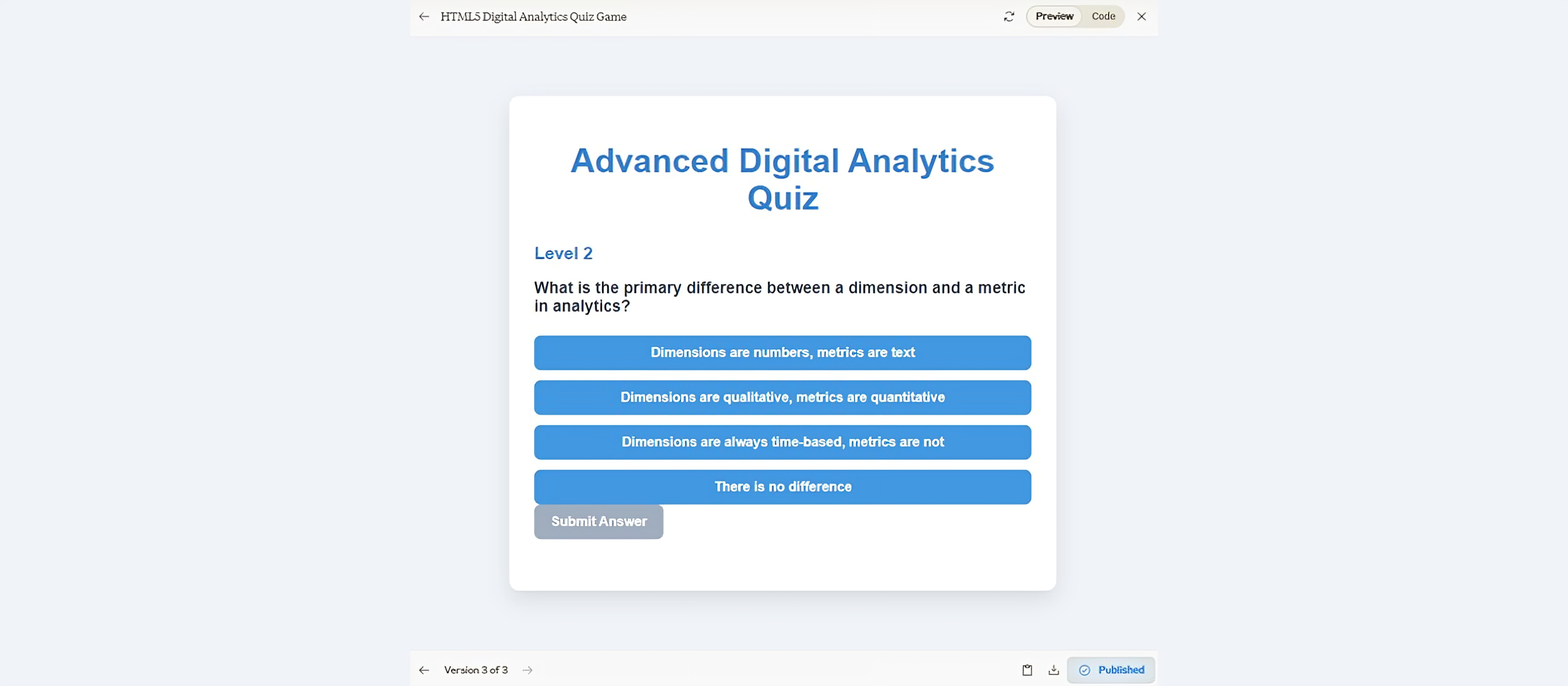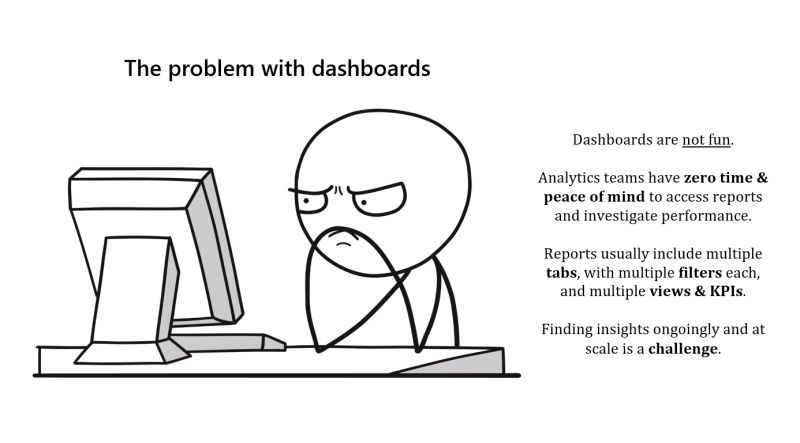Digital analytics in the age of AI

<start of story>
It's February 2028. AIs have advanced to the point of executing tasks online for the general public. Not for early adopters, but for everyone. Not for predefined journeys (e.g. Alexa can already make purchases on Amazon today, Siri can make payments via PayPal) but for unstructured online research that mimics human behavior. Think of, "Hi [AI assistant], find a light blue shirt for my sister's birthday party and purchase at the lowest price, delivery by Friday. Use my Visa". Brands sell not only to users, but to AIs as well. What was known as user interface has now split into human interface and AI interface. Digital experiences need to be monitored & optimized for both audiences. Besides the visual design & navigation aimed at human visitors, there is also an encoded information layer that AIs follow to complete a journey.
You are going through traffic & conversion data for your digital property (what was previously called a "website"; now you can have a completely blank front-end, if you are only targeting AI traffic that follows the information layer). Yesterday there was a small but unexpected decrease in e-commerce conversion rate for Microsoft's AI. After the latest version released by Microsoft, your property has become incompatible with this specific AI, which is crucial as 21% of your online revenue is coming from it.
Luckily your data monitoring & alerting platform (which of course is AI-driven!) has captured this in the first hour when it happened and has fixed the issue by connecting to the property code and executing the necessary maintenance. The analytics industry has finally reached the point of end-to-end action automation.
<end of story>
What do you think? How far are we from the point where we humans are enablers for AIs to perform their tasks online? And how will digital analytics adapt to monitoring & optimizing for hybrid audiences (human + AI)? How will the industry standardize a strong & universal layer of metadata? Ironically, will we end up favoring AI over human conversions? - as it would probably be a more seamless journey, e.g. no errors in address/payment inputs!
PS. I was inspired for this story during a super-creative workshop with talented colleagues & fellow data enthusiasts.
Similar posts
Start your 30-day free trial
















